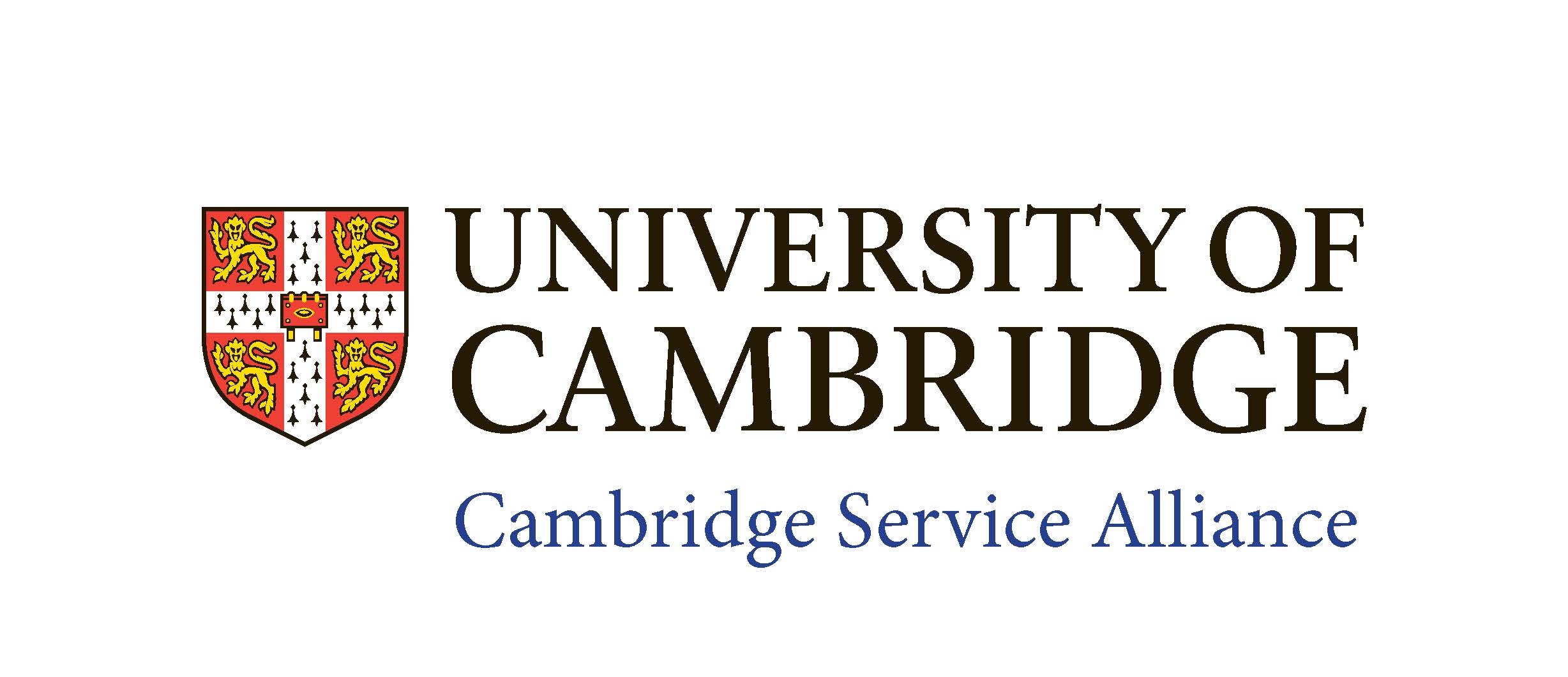
Associated Research
In addition to the core Alliance research there are ongoing related projects at Cambridge. Organisations joining the Alliance not only participate directly in the three research themes, but also have access to research conducted in the wider University. A sample of current service related research includes:
Ecosystem Evolution Enabled by Technology - An Example in Healthcare
Work is underway with IBM which studies the way in which technology can enable the evolution of ecosystems. An example with looks at the Healthcare industry shows that by increasing instrumentation and interconnection it can help to make Healthcare more intelligent.
Risks of Performance-Based Contracts - A Social Capital Perspective
This PhD research by Jingchen Hou studies the effects of social capital on risks in performance-based contracts, compared with risks in traditional contracts.
Transforming Public Services with 'Open' Service Platforms
Many public services have started to develop 'servitized' business models and government organisations are engaging in various 'transforming' programmes. An Open Platforms and Public Services Working Group is being established within the Centre for Public Policy that will develop a white paper to further the debate on designing and delivering public services in the future, and the need to build component-based public service platforms that will allow service providers to assemble bespoke services from standard 'building blocks'.
Through-life Information for Service and Support Engineering
Work is underway to study the effect of contract types and agreed performance measures on the information that must be collected and used to deliver a complex service. Previous research on through-life information management (the '12 box model', identifying distinct information needs through the life of a service) is being developed in a form whereby it can be used by practitioners in industry and the public sector.
Reconfigurable Airport Operations
The University of Cambridge recently completed a project in collaboration with the Manchester Airports Group to study the reconfiguration of airport processes to develop a flexible response to medium-term (1 year plus) changes in circumstances. The research provided tools to identify different potential process configurations and their relative feasibility.
The Servitization Paradox
Despite the many advantages of combining products and services, evidence shows that manufacturers who servitize have lower profit rates and are more likely to go bankrupt. We have studied this paradox and concluded that substantial investment and a strong reputation amongst customers are key to successfully moving to service provision.
Service Revenues in Manufacturing
We are analysing the growth of services from an empirical point of view, namely the magnitude of the revenues that manufacturing companies generate from their service business. Based on the case histories of leading global companies, the analysis identifies different typical shares of service revenue to total revenue across industry sectors, and shows a main determinant for this in the types of service offered. In addition, the research reveals that high service revenue shares are typically achieved through a growth trend that takes several years, and that a long-term engagement to services is needed by manufacturing companies in order for their service business to outperform its product counterpart.
Service Innovation in Healthcare: Multidisciplinary Teams and Digitally Enabled Service Innovation
Clinical teams are increasingly working to deliver services in novel ways involving multidisciplinary working. Michael Barrett has been examining how knowledge and practice develop in multidisciplinary cancer teams, with a focus on the dynamic relationship between collaborative learning and effective teamwork and the role of IT in the process. Data was collected from multidisciplinary teams of surgeons, oncologists, radiologists, pathologists, nurses and managers. Research findings concern mechanisms of learning across disciplinary groups, and the influence of power and identity in the development of knowledge. An extension of this project, undertaken in collaboration with colleagues at the University of Hawaii, examines the implementation of electronic patient records in an MDT clinical setting.
Robots and digital technology are increasingly pervasive in healthcare, and can fundamentally influence the way care is delivered and how clinicians work together. This point was reinforced by clinical colleagues in the Department of Surgery at Imperial College, who were seeking to implement new techniques (e.g. minimally invasive surgery) subsequent to technology innovation. Michael has been collaborating (with Eivor Oborn) on a project concerned with the adoption and use of robot technology and the implications for workplace boundaries. This CMI-BT funded project was set up to look at the future of RFID tagging technology in the supply-chain management of pharmaceuticals, with a particular focus on service delivery to patients as end consumers in hospitals. With collaborators from Sloan Management School, MIT, this work draws on a sociomaterial perspective and boundary theory, to examine digitally enabled innovation and changes in work practice.


